Iron Railing Repair Benefits
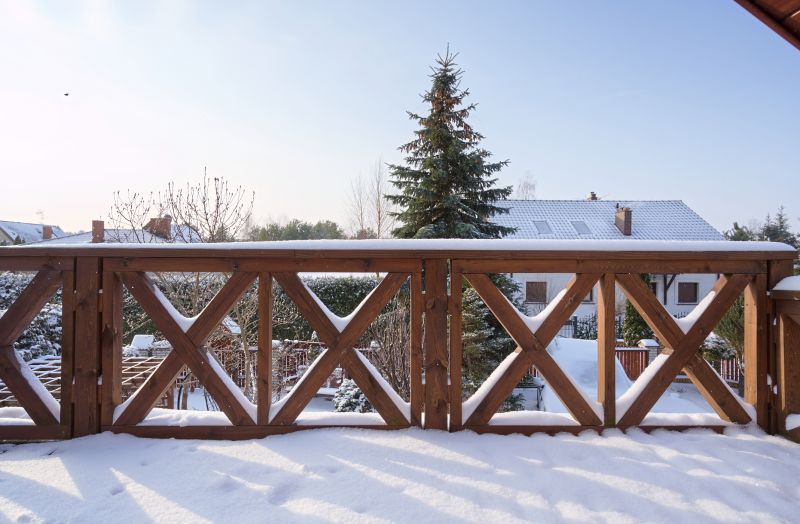
Spring offers moderate weather, ideal for repairs before high temperatures or cold seasons.
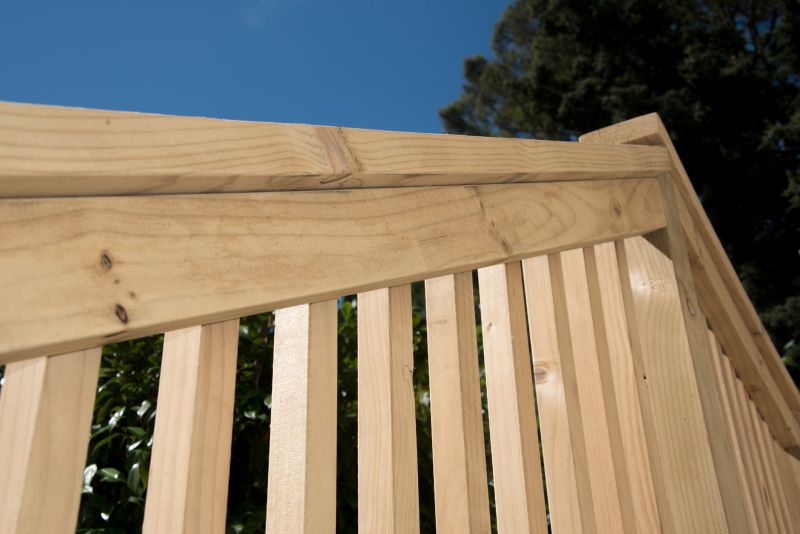
Warm, dry summer months facilitate effective repairs and curing processes.
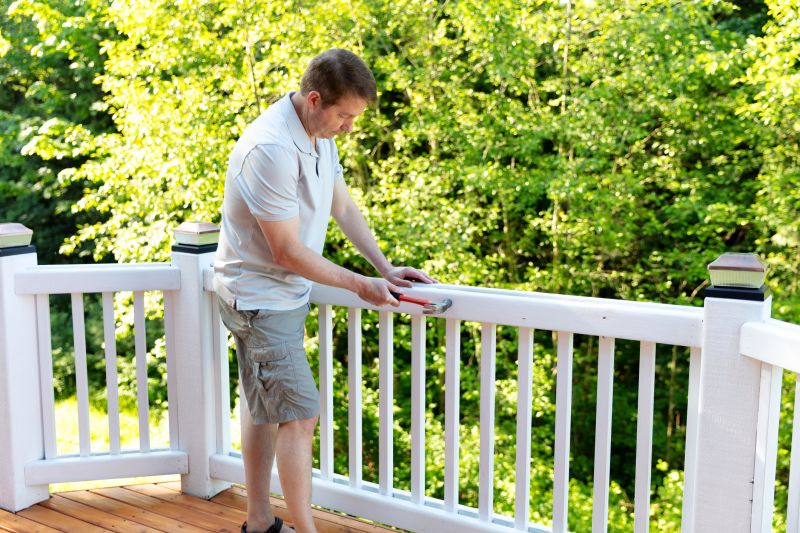
Perform repairs in fall to prevent winter-related damage and ensure durability.
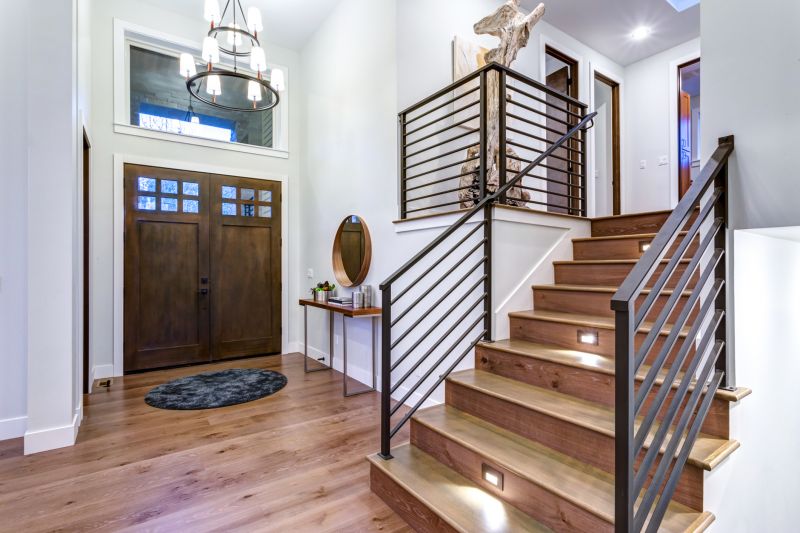
Ways to make Iron Railing Repairs work in tight or awkward layouts.
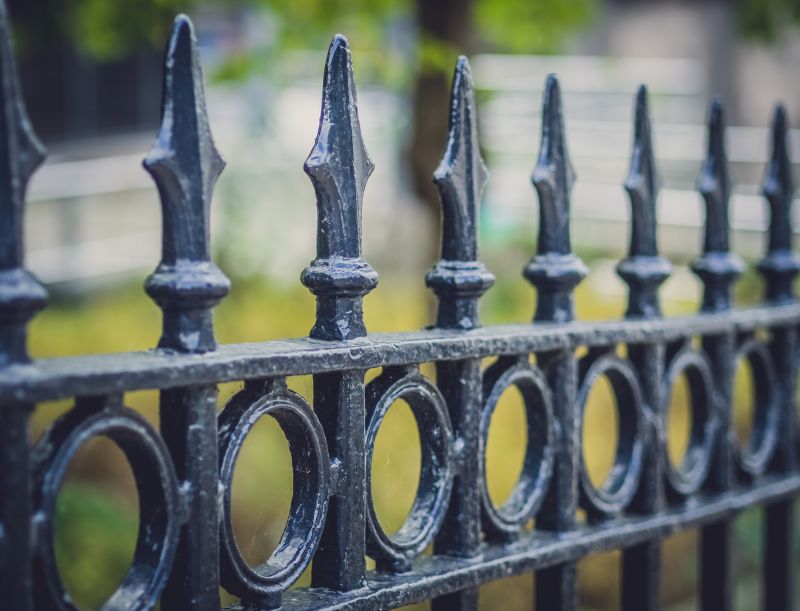
Popular materials for Iron Railing Repairs and why they hold up over time.
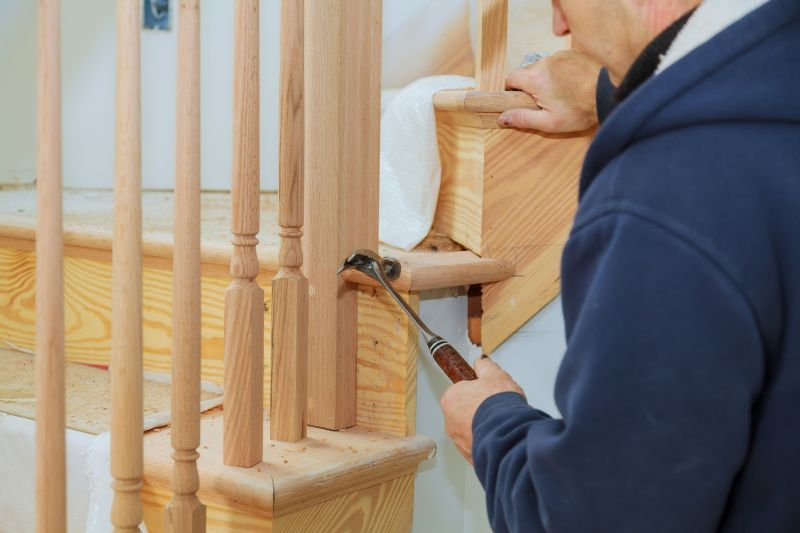
Simple add-ons that improve Iron Railing Repairs without blowing the budget.
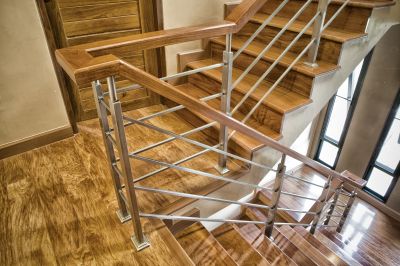
High-end options that actually feel worth it for Iron Railing Repairs.
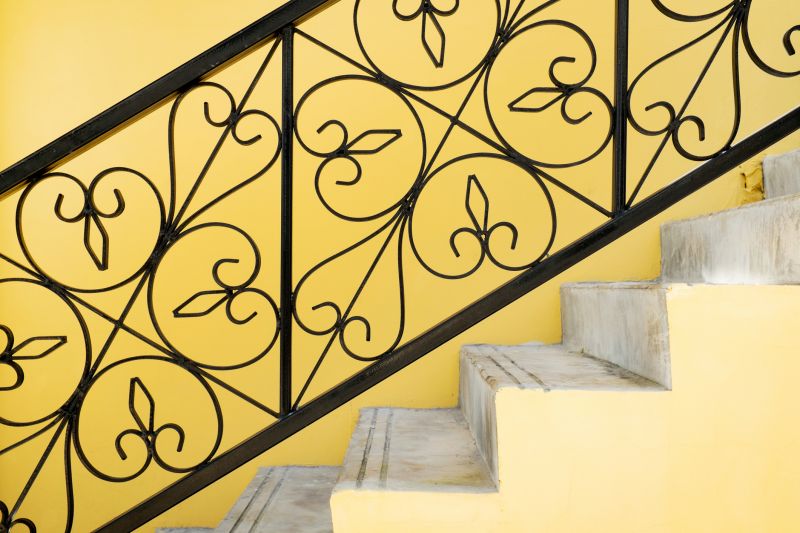
Finishes and colors that play nicely with Iron Railing Repairs.
Iron railing repairs are essential for maintaining safety, aesthetic appeal, and structural integrity. Regular inspections can identify rust, corrosion, or damage early, reducing long-term costs. The optimal timing for repairs depends on climate conditions, with milder seasons providing the best environment for effective work and proper curing of protective coatings. Statistics indicate that addressing issues promptly can extend the lifespan of iron railings by up to 50% and prevent costly replacements.
Extreme cold or heat can hinder repair adhesion and curing, making moderate temperatures preferable.
Timely repairs reduce rust formation, which can compromise the strength of iron railings.
Certain coatings and paints bond best in dry, temperate conditions, ensuring longer-lasting results.
Regular inspections during favorable seasons help schedule repairs proactively.
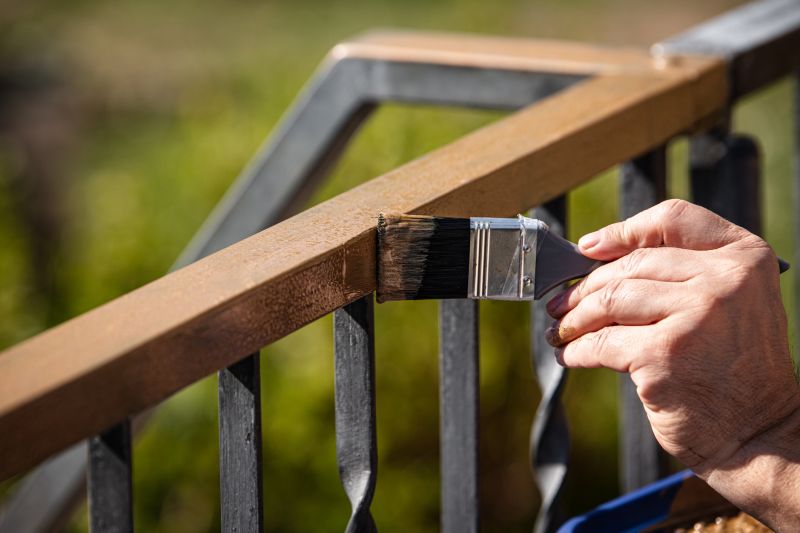
The process involves rust removal, surface preparation, and protective coating application.
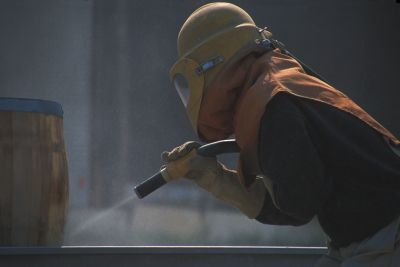
Methods include sandblasting, wire brushing, and chemical treatments.
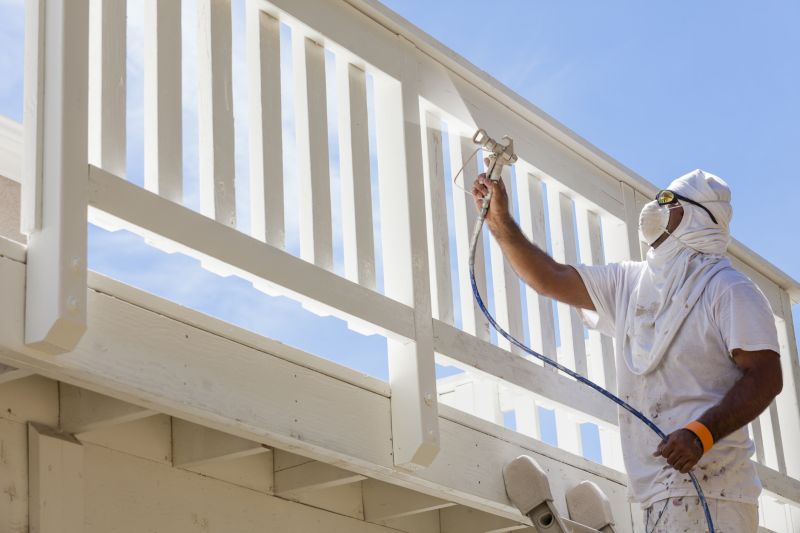
Applying primer and topcoat shields against future corrosion.

Tools like moisture meters and corrosion testers assess damage extent.

Scheduling repairs during optimal weather conditions enhances longevity.

Exposure to moisture, salts, and physical impacts contribute to deterioration.

Regular cleaning and inspections can prolong repair intervals.

Expert repairs ensure proper techniques and durable results.
| Season | Recommended Repair Activities |
|---|---|
| Spring | Inspect for rust, perform surface cleaning, and apply protective coatings. |
| Summer | Conduct repairs in dry weather, focus on rust removal and coating application. |
| Fall | Address minor damages to prepare for winter, ensure proper sealing. |
| Winter | Minimize repairs due to cold and moisture; focus on inspections. |
| Late Spring to Early Summer | Ideal window for comprehensive repairs and repainting. |
| Late Fall | Good time for preventive maintenance before harsh weather. |
Choosing the appropriate season for iron railing repairs enhances durability and effectiveness. Proper timing allows for optimal adhesion of coatings, thorough rust removal, and better curing conditions. Regular maintenance and timely repairs can significantly extend the lifespan of iron railings, preserving their appearance and structural integrity over time.
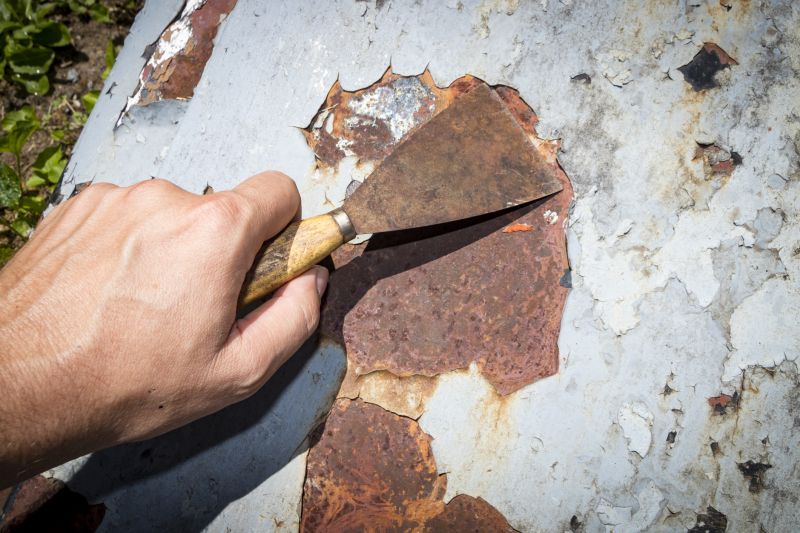
Wire brushes, sandblasters, and chemical treatments prepare surfaces for coating.
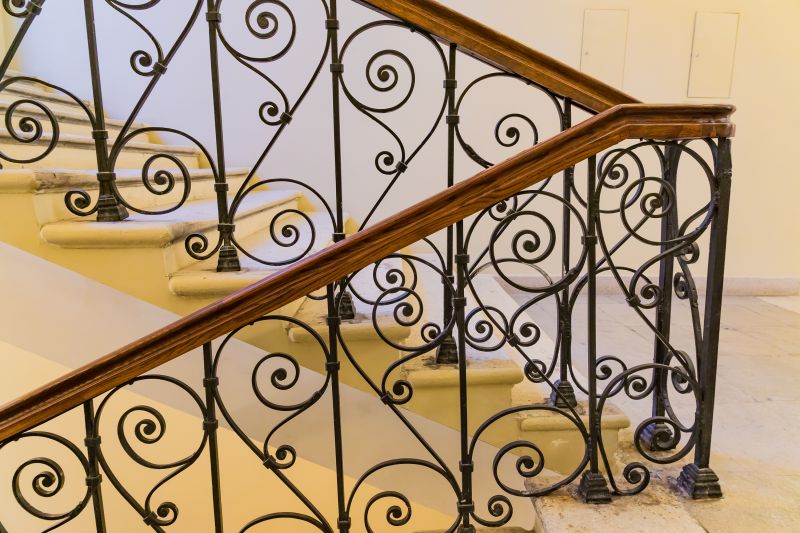
Finished repairs with fresh paint and protective layers.
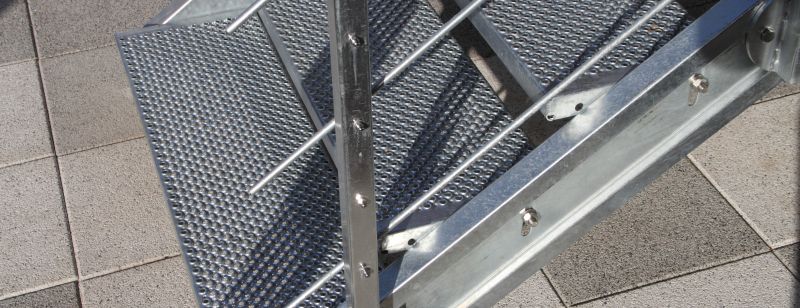
Assessing damage during favorable weather conditions.
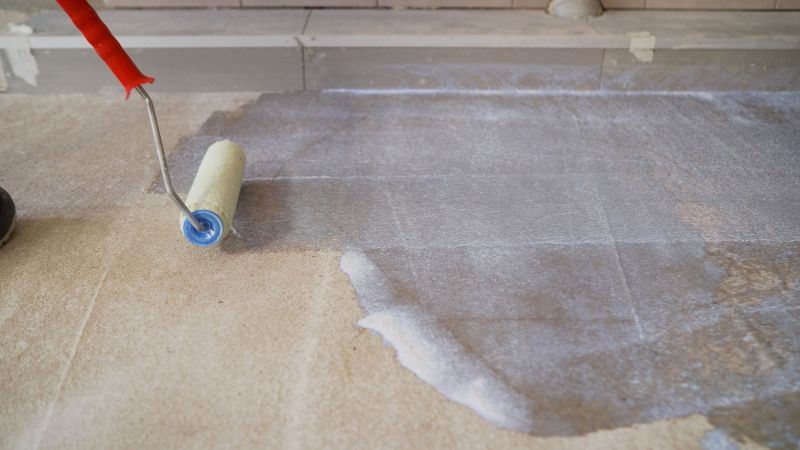
Applying primer and topcoat for corrosion resistance.
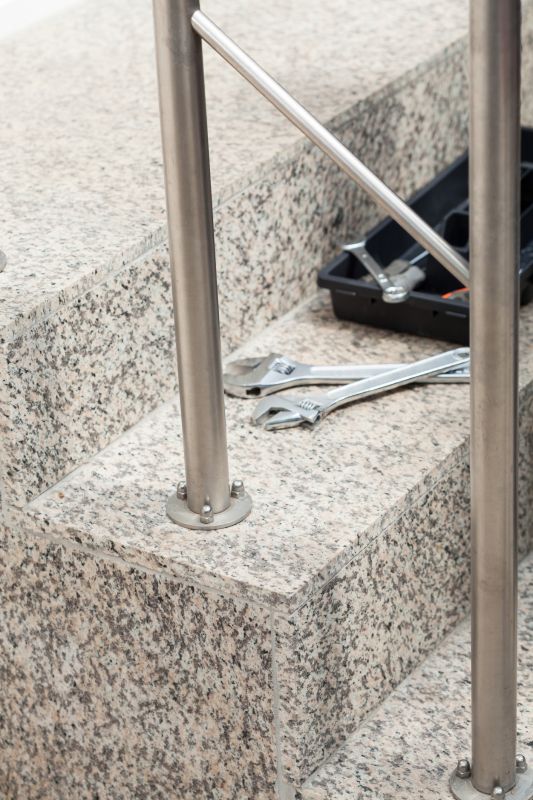
Little measurements that prevent headaches on Iron Railing Repairs day.
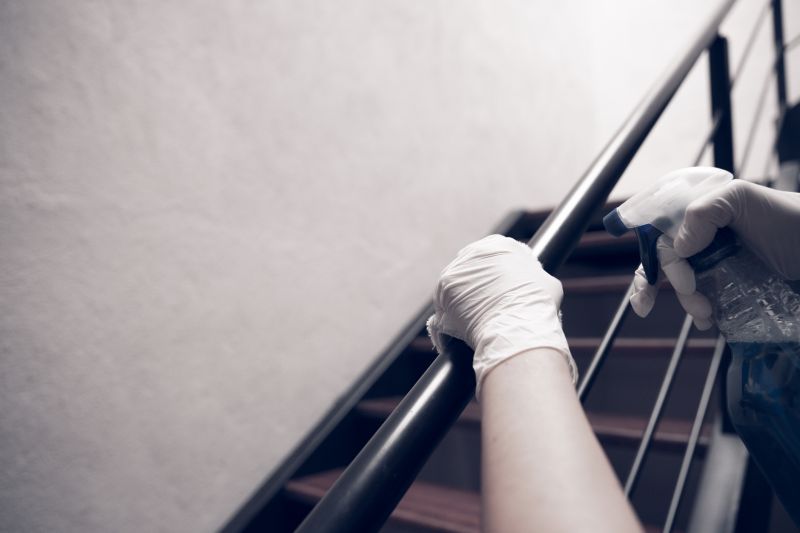
A 60-second routine that keeps Iron Railing Repairs looking new.
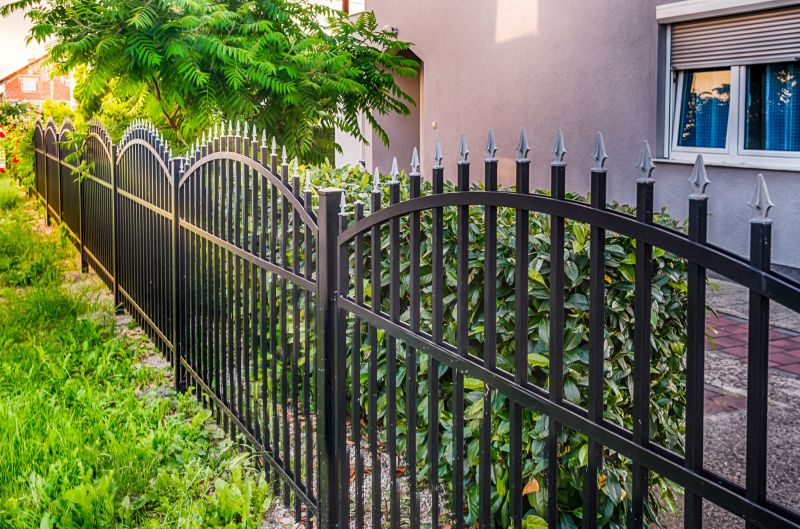
A frequent mistake in Iron Railing Repairs and how to dodge it.
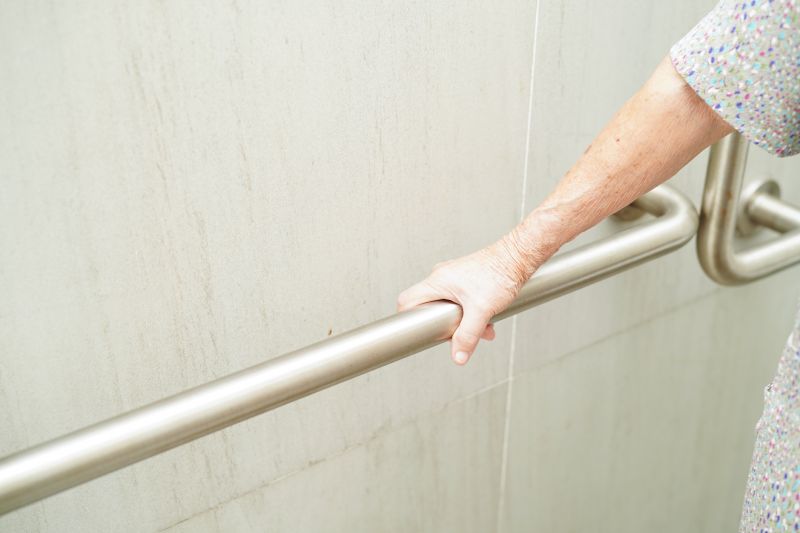
Small tweaks to make Iron Railing Repairs safer and easier to use.
Interested in scheduling iron railing repairs? Filling out the contact form can provide more information and assist in planning repairs during the most suitable season for long-lasting results.



